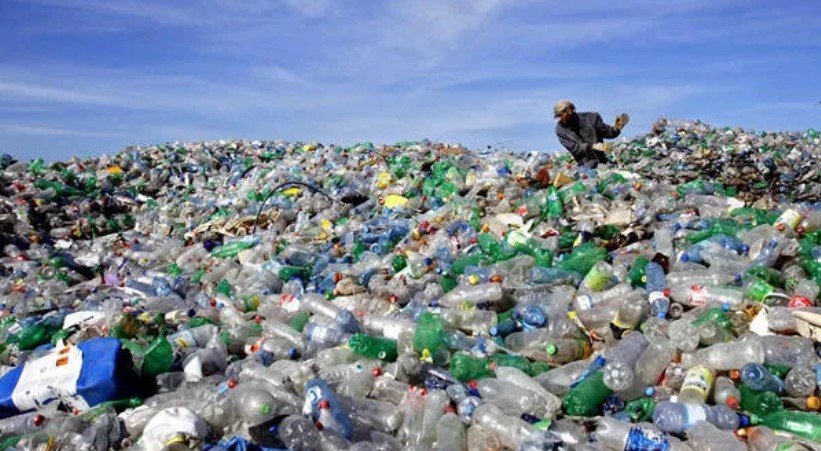Researchers from UBC Okanagan have made a groundbreaking discovery that could transform the way we deal with plastic waste. For years, plastic bottles have been discarded into landfills, contributing to the global environmental crisis. Now, the team at UBC Okanagan has found a promising solution to give these bottles a second life and alleviate landfill issues. Read More Business News on our website.

Globally, an alarming amount of polyethylene terephthalate (PET) is produced annually, leading to a massive buildup of plastic waste. Recycling rates are insufficient, exacerbating the problem. To address this, the researchers propose integrating PET waste into geotechnical construction as a sustainable approach. Alok Chandra, a doctoral student, and his supervisor, Dr. Sumi Siddiqua, have devised a novel method to incorporate PET waste into clay soil stabilization.
Their research highlights PET’s unique properties, such as nontoxicity and low biodegradability, making it a promising material for landfill design. By using discarded plastics to stabilize landfill cover materials, not only can the solid waste problem be tackled, but it also enhances the economic value of waste and encourages recycling from polluted areas.
The study shows that the reused PET material improves soil strength and acts as a water-resistant layer, preventing the escape of harmful pollutants, like lead, from the landfill. While the results are encouraging, further research is needed before integrating PET waste into landfill soil stabilization management.
This groundbreaking research, funded by the Natural Sciences and Engineering Research Council of Canada Discovery Grants Program, opens up new possibilities for repurposing plastic waste and creating a more sustainable approach to landfill management. By giving unrecycled plastic bottles a second life in landfill stabilization, we can take a significant step towards mitigating the environmental impact of plastic waste. The study is published in the prestigious journal Waste Management.
